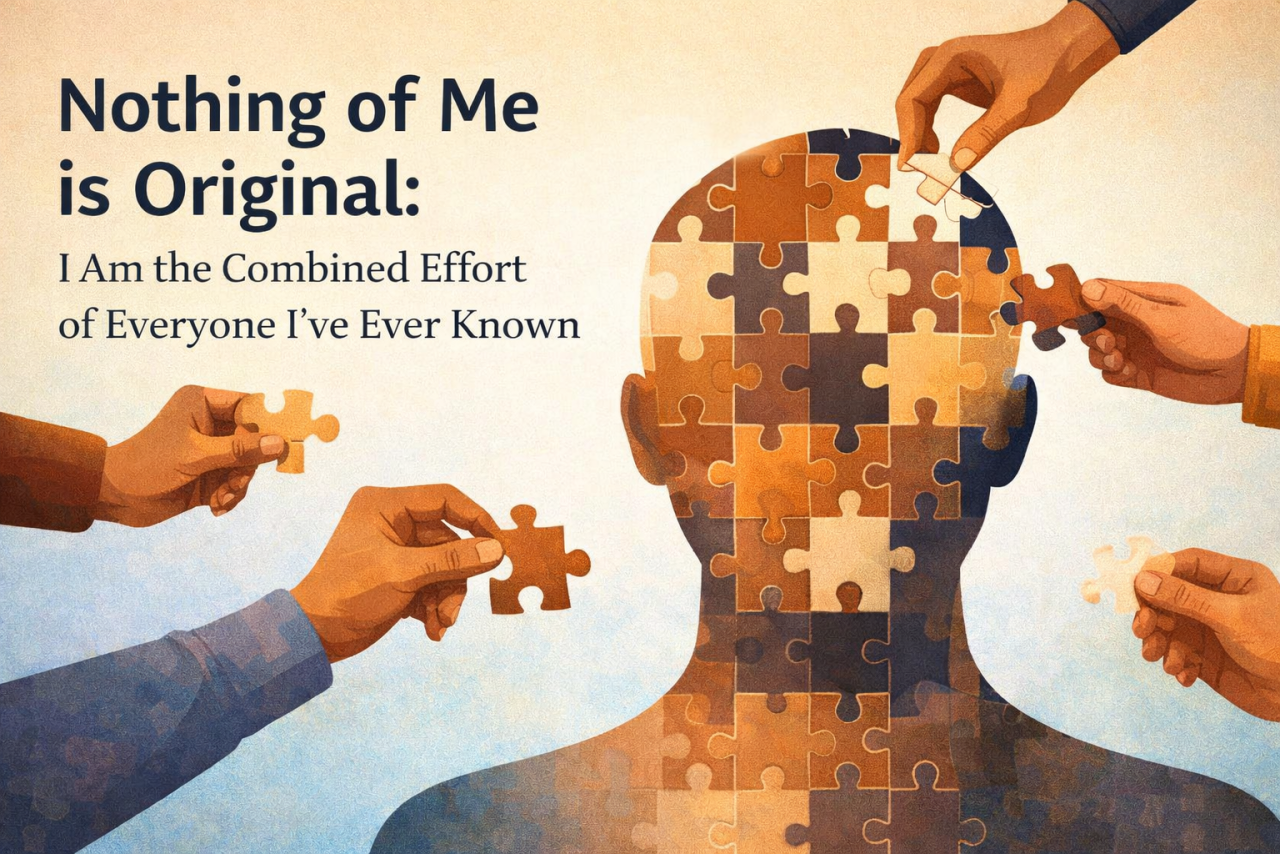
The walls of a Delhi High Court courtroom recently resonated with a pronouncement that should echo across every city and village of India: "Each instance undermines the value of female life." This powerful observation, made by Justice Swarana Kanta Sharma, cuts to the core of India’s ongoing struggle with gender equality, directly linking the illegal practice of sex determination to a societal moral failure. It is a necessary and timely reminder that the preference for a son is not merely a cultural quirk, but an act of profound discrimination that devalues the life of a girl even before she draws her first breath.
The practice of sex determination, and the subsequent female foeticide it often enables, is a corrosive force. It signals that some lives are inherently "less worthy than others due to their gender," as the High Court rightly noted. This systemic devaluation is the antithesis of the constitutional promise of equality and dignity. The tragic reality is that the misuse of medical technology, originally intended for diagnostic purposes, is weaponized to perpetuate misogyny, fostering a culture where girls are seen not as equal members of the community, but as burdens.
The Double Violence Against Women
The issue of sex determination is a matter of double violence against women. The first victim is the unborn girl child, whose life is denied simply because of her sex. The second is the pregnant woman herself. In a society fixated on male progeny, a woman carrying a female foetus is often subjected to immense pressure, harassment, and, critically, endangered by being forced into unsafe medical procedures to terminate the pregnancy. Her bodily autonomy is violated, her health is put at risk, and her worth is tied entirely to her ability to produce a son. This cycle is a stark illustration of how gender inequality traps and harms women at all socioeconomic levels.
Furthermore, the High Court has highlighted that these acts corrode the social conscience and "strike at the hope of a society to be free from discrimination." The law, specifically the Pre-Conception and Pre-Natal Diagnostic Techniques (PCPNDT) Act of 1994, was enacted to curb this very menace. Yet, the persistence of the crime indicates a significant gap between legislation and its on-ground implementation, fuelled by a deep-rooted son preference that transcends class and literacy.
Beyond the Courtroom: A Cultural Shift
While the decisive intervention of the judiciary is crucial, the ultimate solution lies in a profound cultural and societal shift. The fight for gender equality cannot be won solely through legal crackdowns. It requires an active commitment from families, communities, and institutions to truly value the girl child.
We must internalize the understanding that the genetic determination of a child's gender is a biological process decided by the father's chromosomes. Yet, the blame and the pressure to produce a son is almost universally placed upon the woman. Education about this basic genetic fact is a powerful tool against the harassment faced by daughters-in-law. More importantly, we must address the root causes of son preference: the dowry system, the lack of economic security for women, and the societal structure that still largely views a son as an economic asset and a daughter as a liability.
The improving Sex Ratio at Birth (SRB) in some states, a result of concerted efforts to implement the PCPNDT Act and launch awareness campaigns like 'Beti Bachao, Beti Padhao', offers a glimmer of hope. However, the battle is far from over. New technological challenges, such as the emergence of portable diagnostic devices and online advertisements for illegal services, demand continuous vigilance and innovative enforcement strategies.
India’s journey toward true gender equality hinges on its ability to ensure that every life, regardless of sex or gender, is treated with equal dignity and opportunity. The Delhi High Court’s words are a clear message: every time a life is denied based on sex, the fundamental values of our republic are diminished. To build a nation free from discrimination, we must first secure the womb for every female foetus, ensuring her right to life is absolute and unequivocal. The value of a woman’s life is non-negotiable, and our collective actions must finally reflect this truth.





















